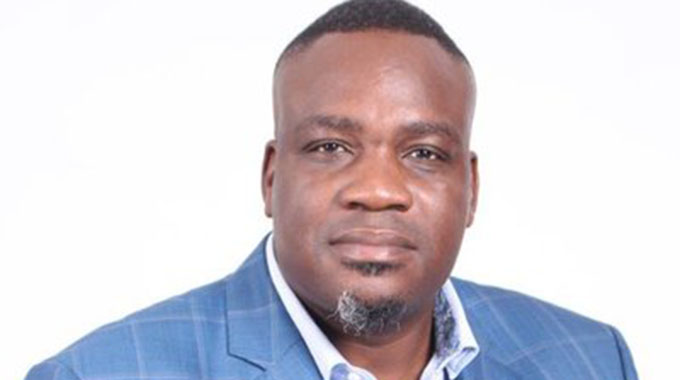$400m NRZ deal on track

Bulawayo Bureau
THE $400 million National Railways of Zimbabwe (NRZ) recapitalisation deal is still on track with six financiers having shown interest to shell out close to $1 billion into the project.
In 2017, NRZ and the Diaspora Infrastructure Development Group/Transnet consortium penned the $400 million deal aimed at recapitalising and rehabilitating Zimbabwe’s troubled railways entity. Of late, it has been reported in some sections of the media that progress towards financial closure of the $400 million deal was moving at a snail pace largely due to an intricate legal process between NRZ and Transnet of South Africa.
Speaking to our Bulawayo Bureau from his South Africa base, DIDG chairman, Mr Donovan Chimhandamba said despite the sluggish pace they encountered along the way, assurance that recapitalisation project was still on was high and the project would not fall by the wayside.
“I think it (matter relating to legal due diligence) has been addressed. We have had two very successful meetings in November and December with NRZ. These paid attention to dealing with the legal matters.
“We are now too far down the line for anyone to want to restart this process and doing so would be foolish,” he said.
Standard Bank of South Africa, Amalgamated Banks of South Africa (Absa), Industrial Development Corporation of South Africa, Ecobank Kenya and CBZ are among the six institutions said to have shown interest to fund the mega-project.
Mr Chimhandamba said the recent restructuring and re-organisation of management at Transnet also had an impact on progression of the NRZ recapitalisation project. He said despite the legal specifics they encountered towards reaching financial closure, the project was much faster than most traditional transactions across Africa.
“And the fun thing about this transaction is that the banks are actually ahead of us. Unlike in other transactions, you will be persuading the banks. Surprisingly, we have got an interest from banks of close to $1 billion.
“We are oversubscribed from the banks in terms of interest to participate in the project and this does not mean that there is a billion dollars.
“But these are people with close to a billion dollars (combined) who are willing to participate in the $400 million NRZ/DIDG Transnet transaction,” he said.
When people started talking about the deal’s financial closure being something imminent, the DIDG chairman said this was a misconception as certain milestones needed to be achieved before the financiers release funds for the project.
Mr Chimhandamba said the transaction being largely project finance, means they were relying on banks’ funding rather than the consortium’s own money. This means that there were processes that needed to be followed such as completion of indicative term sheets after submission of the project’s financial model to the banks.
“The indicated term sheets generally spell out what the banks want from us for them to be able to give us the money. And we now have to appoint one of the banks that have shown interest in participating in the transaction as a lead arranger. And as we speak, we have already flighted a request for proposal from the banks to get a lead arranger,” he said.
Owing to the processes involved, Mr Chimhandamba said financial closure of the transaction would have to take a bit longer as potential financiers have to do their own due diligence on DIDG/Transnet before they make a commitment to fund the $400 million project.
As an interim solution to addressing the challenges bedevilling the railways company, NRZ and DIDG/Transnet have negotiated on lease terms equipment comprising 13 locomotives, 200 wagons and 34 passenger coaches.
In March last year, NRZ took delivery of the first railway equipment from DIDG/Transnet under the interim arrangement. The equipment was meant to boost the NRZ’s operational capacity as its freight volume had plummeted due to antiquated machinery.
Mr Chimhandamba said the interim arrangement would remain in place until new locomotives were secured under the $400 million recapitalisation project.
“Even if we say the recapitalisation project has reached financial closure today, it will take 24 months to manufacture the locomotives. So, we still need to find an interim solution to NRZ challenges before the new locos under the recapitalisation project are manufactured,” he said.
Commenting on the impact of the interim solution, he said: “At the time of the interim arrangement, NRZ was moving 2,7 million tonnes of freight a year and in 2018 there were indications that the railways company might be reporting four million tonnes. And for NRZ to start making money, it has to move at least four million tonnes of cargo.”
In the 1990s, the strategic logistics entity was moving 18 million tonnes of freight annually and in the long-term, NRZ requires about $1,9 billion to fully recapitalise operations.










Comments